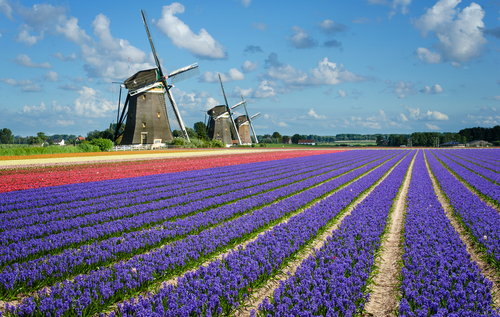
The language program for refugees who still live in a refugee center has been expanded. Municipalities get extra money for the social support of refugees allowed to stay, from 1 thousand euros to 2,370 euros per person. This money, among other things, is used to train thousands of volunteers to help refugees, such as language coaches. Further information about citizenship starting next week in addition to Dutch, in 15 different languages. Employers in some sectors have asked for refugees with adequate training as soon as possible to link them. These include those experienced in construction, ICT, and engineering.
All refugees must follow an extensive route to gain the participation certificate from the municipality, who pays for this from the budget for social assistance. The signing of the participation certificate is the start of the naturalisation process for those who are allowed to stay. The trajectory towards the participation declaration is also required for other newcomers, as the Integration Act is adapted. Then everyone is required to sign civic participation statement at the start of the integration process. This is for migrants who, for example, come in the context of family formation or reunification.
The participation statement is intended to alert newcomers to the rights and obligations and the fundamental values of Dutch society. After the adjustment of the Integration Act, those who refuse to sign the declaration during the civic integration examination can be given a fine of up to 1,250 euros. In addition, they may be denied a residence permit. Other newcomers who refuse to participate in the process part or refuse to sign the statement will also not be eligible for obtaining Dutch citizenship.
